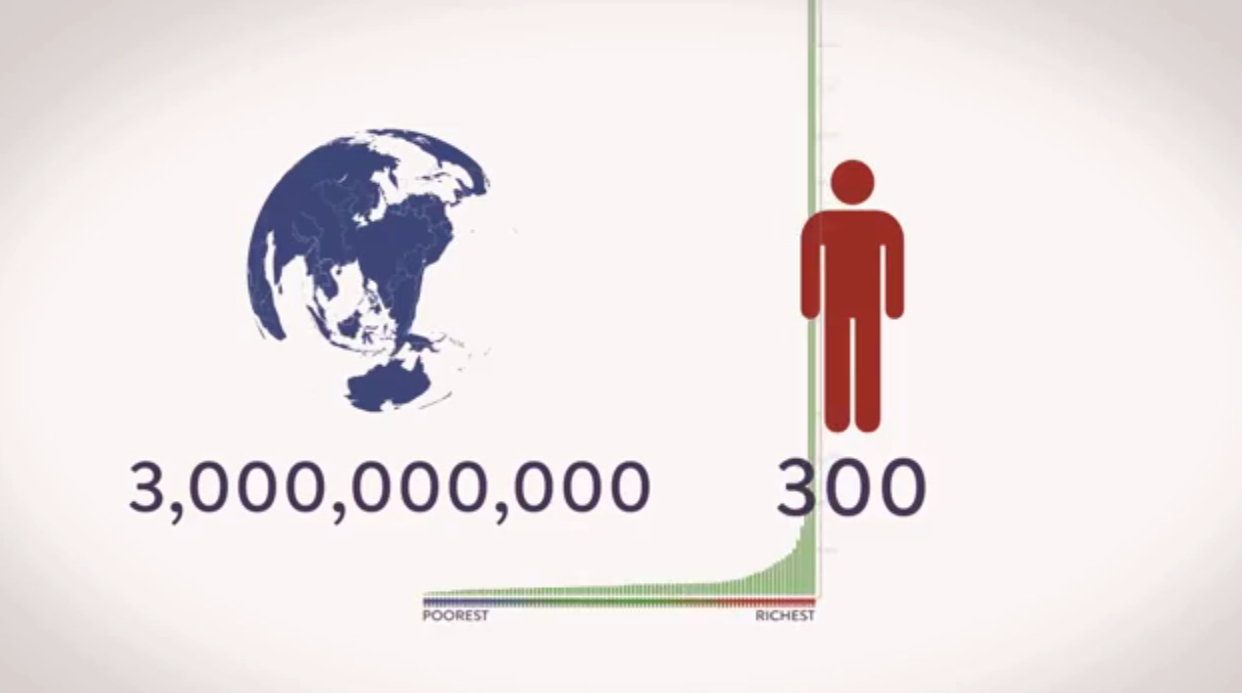
The mortuary at Dorchester hospital is in a small, single story building, hidden away in a far corner around the back of the hospital. I know this because for six months in the late 1980’s I worked in the family funeral business. Part of that business included a contract with the North Dorset coroner, which required us to get the deceased from wherever they had died and ferry them to the mortuary at Dorchester.
One night I ate a handful of magic mushrooms with one of my cousins and we spent the night laughing and freaking out as we ran around the dark moonlit fields and pathways of Thomas Hardy’s Dorset. In the early hours when I returned home, still buzzing, a call came in. My uncle was on his way to pick me up to go with him on a coroner’s job.
I cannot remember anything of the death scene, so it must have been unremarkable enough. By the time we had got the body and arrived at the mortuary it was around 2am. The night was cold and dark, the building unstaffed and unlit. My uncle ambled off to find someone to come and unlock the mortuary, leaving me alone in the van, parked in this lifeless and lonely spot, with the corpse laid out just behind me in the back. It didn’t take long for me to start imagining noises from the back of the van, and by the time my uncle returned I was long gone, having run off to find a streetlight to stand under while I waited for his return.
Happily, the science is replete with much more positive and instructive stories of how magic mushrooms and other psychedelics have helped people confront death. Just recently the results from giving cancer patients a dose of psilocybin (the active ingredient in magic mushrooms) were described by clinicians as ‘remarkable’, ‘unprecedented’ and, in the impact it has on alleviating anxiety and depression, unlike anything that can be achieved with pharmaceutical antidepressants, both in the depth and duration of the benefits it delivers.
What has all this got to do with the study of climate change? Well, in many ways the truth of climate change is something we find as difficult to face up to as the truth of our own mortality. Jonathan Rowson suggests that ‘scratch climate change confusion long enough and you may find our denial of death underneath; we are terrified by an unconscious awareness of an existential threat, and we may need to look at climate change on those terms to really deal with it.’ In a similar vein, George Marshall has explored our reluctance to talk about climate change, a reluctance which mirrors our wish to pretend death doesn’t exist, that we can make it go away by simply ignoring it. And so, if psilocybin can help us confront the enormity of our own inevitable deaths, can it do the same for climate change? Is it time to add psychedelics to the ever growing and increasingly ridiculous list of things that will apparently save the planet? There are good reasons for thinking it at least warrants investigating.
One reason we might want to encourage climate change researchers and climate scientists to experience the effects of psilocybin is simply to provide them with the psychological resources to overcome the grief that follows realisation of what climate change is doing to the ecosphere. For those whose day job is thinking about climate change, depression is something of an occupational hazard. Neven Curil, who has been writing a popular blog about changes in the Arctic has recently taken a break from writing the blog, in part because, in his own words ‘the depression that comes with watching this steamroller just plough forward, is taking its toll.’ Elsewhere this condition has earnt the title “pre-traumatic stress,” the overwhelming sense of anger, panic, and “obsessive-intrusive thoughts” that results when your work every day is to chart a planetary future that looks increasingly apocalyptic.
The other major benefit we might anticipate from using psychedelics as a research tool is a little more metaphysical and possibly challenging for the research community (though I argue below that such concerns are misplaced). Psilocybin has an effect on cognition which one participant in the recent experiments outlined above called ‘re-organisational’, or what Aldous Huxley – using mescaline, not psilocybin – termed an opening of ‘the doors of perception’. Here we begin to encroach on that which is beyond words, something which language can only point to, never fully describe – the visions of religious ecstatics, the mindless awareness attained after a lifetime of meditation, the timeless place where much creative vision emerges from. There is an obvious parallel to be drawn here. Like God, the infinity of the universe, limitless awareness and all those other phenomenon we can only approach through inadequate symbolism and metaphor, our enlightened rational minds are simply not up to the job of conceiving climate change. It is simply beyond our cognition, and hence beyond our ability to manage and control. Therefore the role of psilocybin and other psychedelics is not merely to help us come up with a better price for carbon or develop more efficient ground heat pumps. I am talking instead about a reimagining of climate change that sits beyond words and number.
Once we dump the ideological baggage it is easy to see that the claim that we should use psychedelics to help us pose better research questions about climate change is entirely in synch with many of our cultural guardrails. For example, liberal technocratic and scientistic Western culture promotes Einstein as the embodiment of genius. And if we listen and take seriously what Einstein had to say, then the suggestion that problems cannot be solved from the same level of consciousness that created them is an invitation to play with psychedelics. And the idea that the truth lies somewhere beyond our workaday experiences is of course nothing new. Micheal Tucker has shown that the shamanic idea that reality is hidden from us by our normal way of seeing has been a central theme of Western art throughout the 20th Century. Einstein again – ‘ideas come from God’. And as the Eastern philosophies make clear, God is just a metaphor for the blue sky of awareness, the pristine mind, which lies beyond the ceaseless chattering of the ego. It is doubtless true a lifetime of meditation is probably the gold standard of insight and awareness into the true nature of reality. However, even allowing for the fact that psychedelics are a cheat’s way, a shortcut which offers only a temporary glimpse of the eternal that can be known through meditation and spiritual awakening, I would argue they can play a valuable role in improving our understanding of how to cope with and limit climate change.
It is something of a commonplace amongst the new wave of Buddhist and mindfulness teachers that humanity’s only hope of avoiding environmental disaster is to become spiritually awake. Though there are significant problems with those claims, a movement beyond our current blinkered vision is as useful an experiment as anything else currently on the table. At this stage of the game what have we got to lose?








